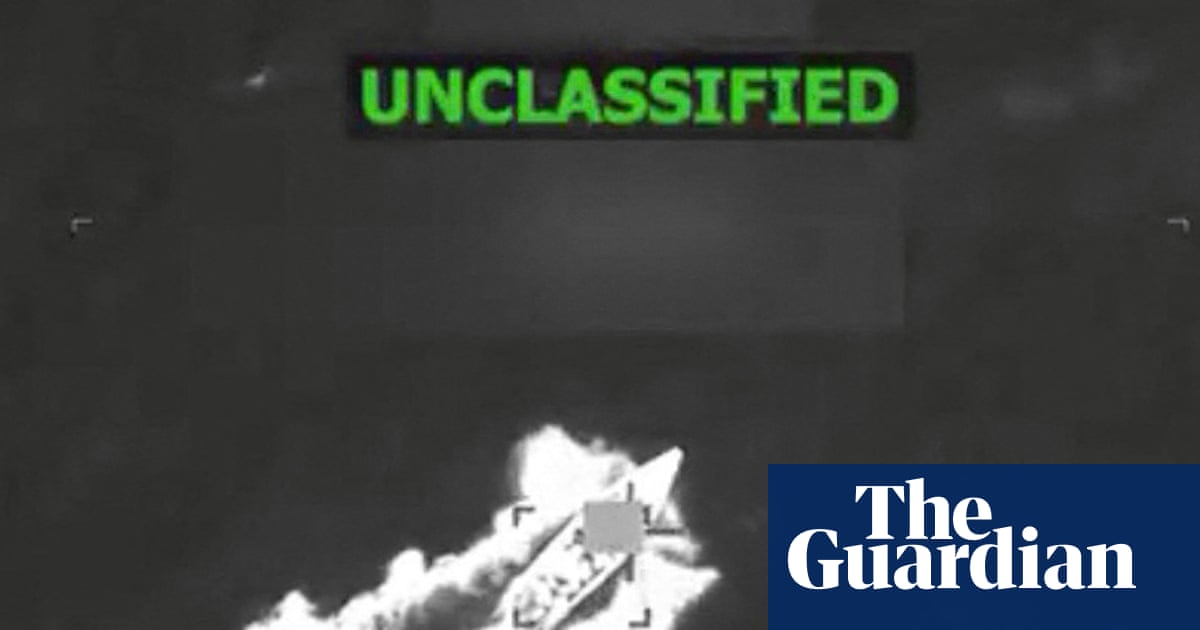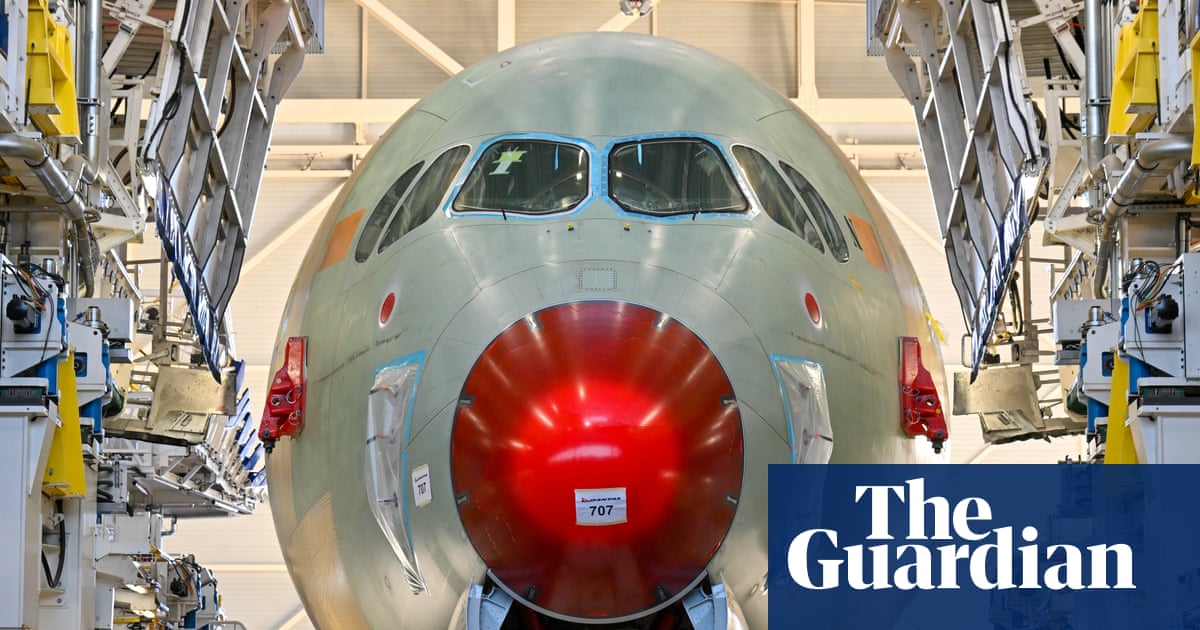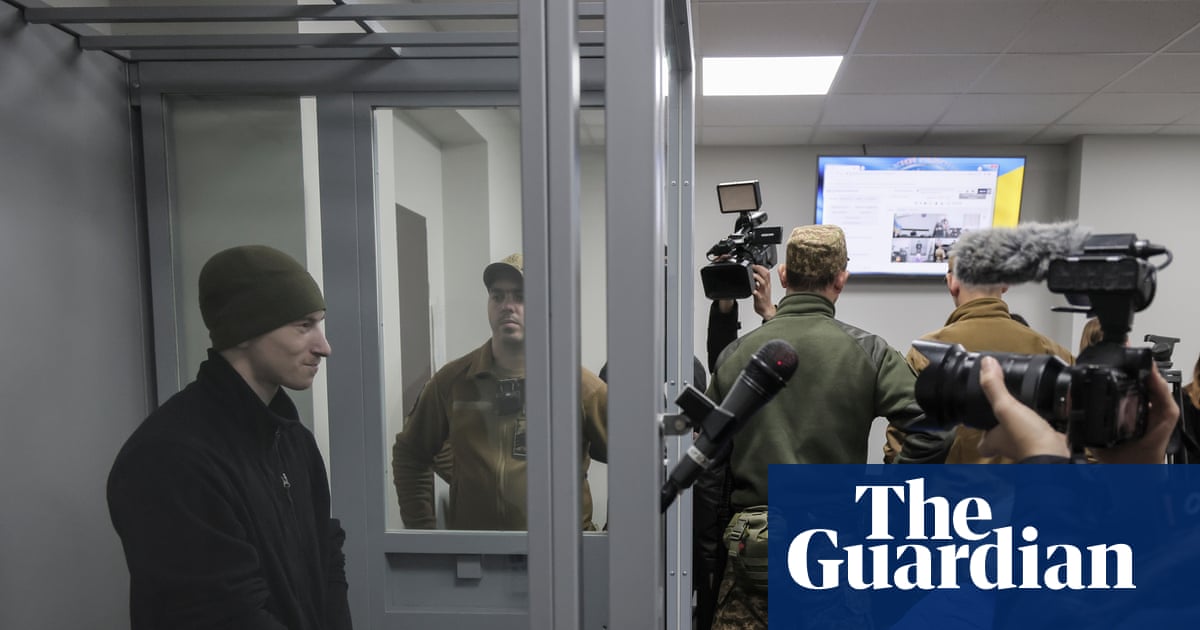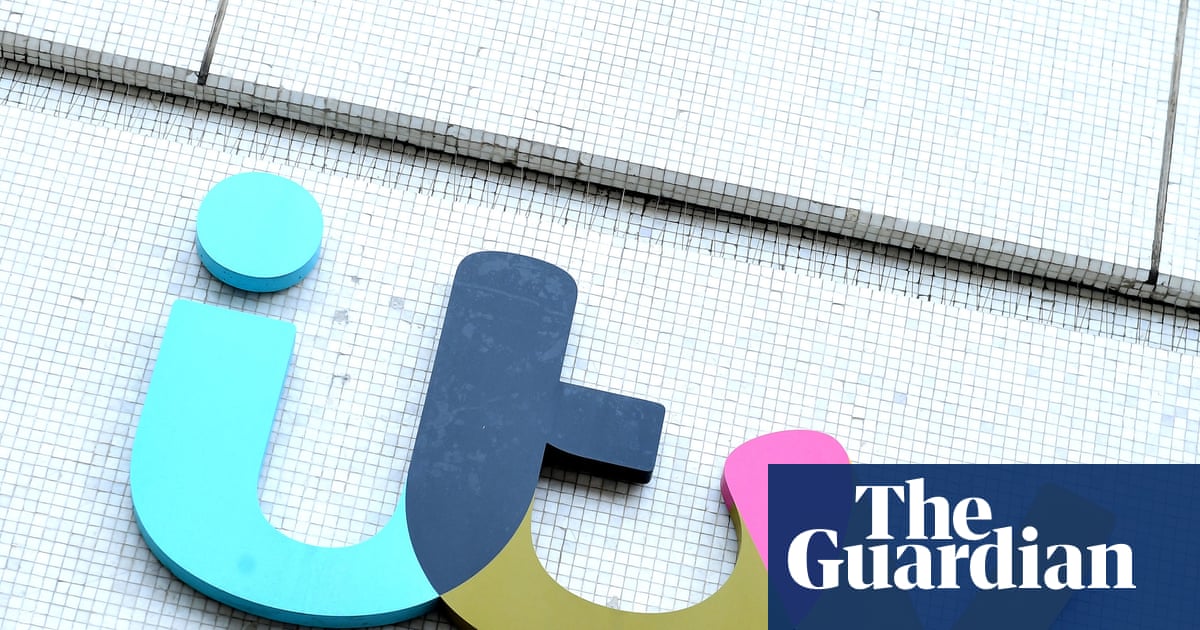Foreign spies have an unhealthy interest in the Aukus submarine deal and are targeting defence employees working to develop nuclear capability in Australia, the head of the domestic intelligence agency says.
The Asio director general, Mike Burgess, has revealed intelligence operatives have disrupted 24 major espionage and foreign interference operations in the past three years, uncovering spies stealing sensitive government data and a visiting academic who broke into a restricted technology laboratory to film.
Placing the cost of espionage activities against Australia at $12.5bn each year, Burgess has used a major speech in Adelaide to warn foreign spies have a “very unhealthy interest” in the sharing of nuclear technology with the US and UK.
Burgess said public servants and private contractors with access to sensitive national security information are making it easy for spies to target their work, including by posting on professional networking sites such as LinkedIn.
As many as 7,000 people have profiles referencing their work in the defence sector, with close to 400 explicitly revealing they are working on the Aukus rollout. Thousands more cite submarines and nuclear technology.
Sign up: AU Breaking News email
“I get that people need to market themselves, but telling social media you hold a security clearance or work on a highly classified project is more than naïve; it’s recklessly inviting the attention of a foreign intelligence service,” Burgess said.
“Surely these individuals, of all people, should understand the threat and recognise the risk?”
Delivering the University of South Australia’s Hawke lecture, Burgess revealed foreign spies successfully recruited a security clearance holder who handed over official documents on free trade negotiations, and efforts by foreign companies connected to intelligence services to buy sensitive data or land near military sites.
Other disrupted activities include the case of a visiting academic with links to a foreign government who broke into a restricted laboratory and filmed its contents, and operatives targeting law firms, media outlets and industry bodies to disrupt their work.
Burgess namechecked China, Russia and Iran as countries targeting Australia through espionage, but warned many other nations are chasing individuals and entities here for classified or sensitive information and relationship building.
Asio has tracked foreign agents trying to steal intellectual property or recruit elected officials, public servants, military members and community leaders, including to reveal secrets, silence criticism or undertake sabotage.
after newsletter promotion
One intelligence service has used employment sites to target individuals, offering cash for reports on international politics. In one case, an Australian provided their employment information before receiving an email requesting information on Aukus and the Indo-Pacific.
“The firm said it was particularly interested in ‘exclusive information’ and requested the applicant share the names of his Aukus-related professional contacts,” Burgess said.
“Fortunately the applicant became suspicious and reported the engagement to Asio. Our investigation revealed the consultancy was a cover company for a foreign intelligence service.”
The estimated cost of espionage includes known incidents, such as the state-sponsored theft of intellectual property, as well as the indirect costs of countering and responding.
Calculated by the Australian Institute of Criminology for Asio, it includes the theft of nearly $2bn in trade secrets and intellectual property from Australian companies and businesses last financial year.

 3 months ago
44
3 months ago
44

















































